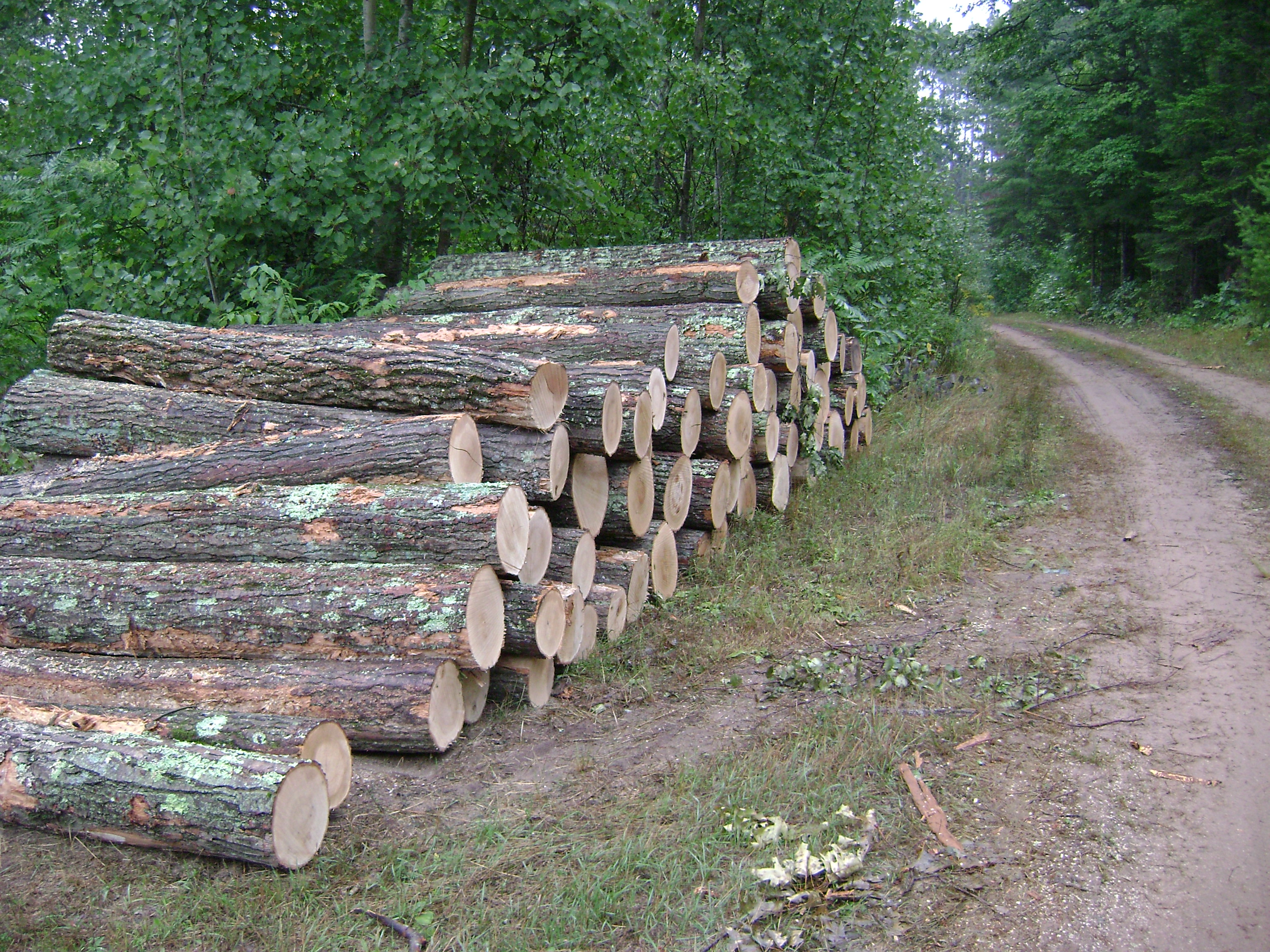There are serious problems you can avoid by spelling out in a contract exactly what you want foresters, loggers and other contractors to do
Our property has been in the family for many decades now, and we have made our fair share of mistakes. Some of these are related to working with contractors for timber harvests and other tasks we needed done. We have tried in the past going with handshake agreements, and many times those have worked just fine. Unfortunately, there are times when things went very badly, for us and the contractor.
These days we don’t let anyone do work on our property without a written contract.
One time, my grandfather had negotiated a sale with a logger, and they worked out specifically what was to be cut and what left. The logger paid my grandfather up front, then sold the timber sale to another logger. This logger didn’t care what we wanted cut, and proceeded to harvest what was valuable to him.
Lesson 1: we learned to identify in the contract who the contractor is and any sub-contractors that they may work with.
On another occasion, my father had set up a contract with a logger to harvest some trees, but didn’t specify how the logger was to haul the timber to the landing. Our existing road network wasn’t the most efficient for the logger, so they cut new trails and roads where they saw fit. Additionally, my father didn’t require the roads to be returned to their original condition, nor did he require new roads and trails to be seeded with grasses to prevent erosion.
Lesson 2: we learned to have the contract cover all aspects of the jobs to be done from identifying which trees to harvest, to the condition and use of roads, and post harvesting operations like the treatment of slash.
One time my grandfather sold some timber to a logger, and he agreed to pay my grandfather after he had sold the logs to a mill. The logger didn’t say how soon after he sold the logs, so weeks went by and my grandfather still hadn’t gotten paid. The logger finally paid up after my grandfather threatened to take him to court.
Lesson 3: now we specify in the contract when we will get paid for our logs or when we pay the contractor for whatever work we are having done.
My last example involves a contractor getting injured while working on our property. Fortunately, it wasn’t a serious injury, but one that required some medical attention and ended up being quite expensive. What made this incident doubly fortunate was that the contractor had liability insurance to cover incidents just like this.
Lesson 4: our contracts now have a statement confirming that the contractor is liable for any injuries or damages to our property that occur during their work and that this covers any sub-contractors working for them. We also always ask folks who potentially may work on our property to provide proof that they carry liability insurance and that it won’t expire before they finish their work.
By no means are we done learning (or making mistakes) in our work with contractors, so stay tuned for more lessons learned in the future.
Check out Contracting with a consulting forester to learn more about what things you might want in a contract.
